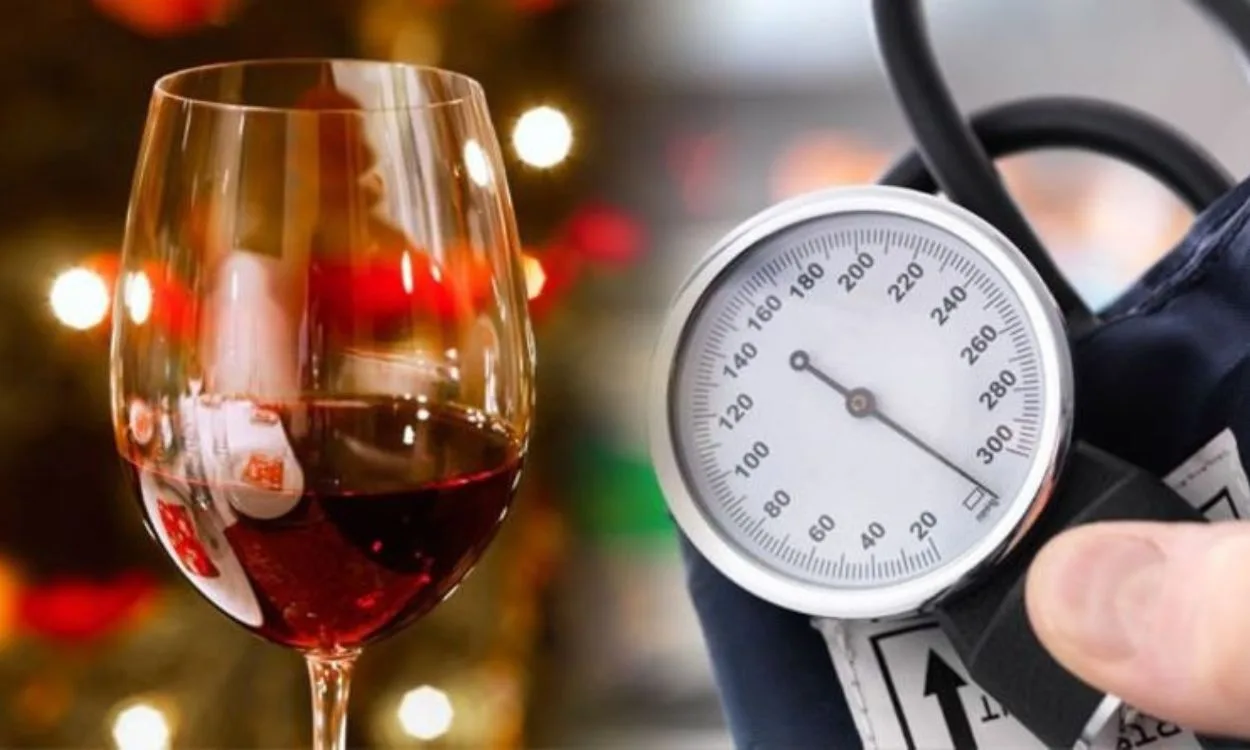How does excessive alcohol consumption lead to high blood pressure?
Excessive alcohol consumption is a common lifestyle habit that can have detrimental effects on our health, including an increased risk of high blood pressure. In this article, we will explore the relationship between alcohol and high blood pressure, as well as the potential risks and consequences. It is important to be aware of these effects and make informed decisions about our alcohol consumption to maintain a healthy lifestyle.
Understanding high blood pressure
Before we dive into the connection between alcohol and high blood pressure, let’s understand what high blood pressure, also known as hypertension, actually means. Blood pressure is the force exerted by the blood against the walls of our arteries as the heart pumps it around the body. It is measured in millimeters of mercury (mmHg).
There are two numbers used to measure blood pressure: systolic pressure and diastolic pressure. The systolic pressure (the top number) represents the pressure in the arteries when the heart contracts, while the diastolic pressure (the bottom number) represents the pressure when the heart is at rest between beats. Ideal blood pressure is considered to be around 120/80 mmHg.
The impact of alcohol on blood pressure
Excessive alcohol consumption can significantly impact our blood pressure levels. Here’s how it happens:
- Increased heart rate: Alcohol can cause our heart rate to increase, putting extra stress on the heart and leading to higher blood pressure readings.
- Blood vessel constriction: Alcohol consumption can cause our blood vessels to constrict or narrow, making it more difficult for blood to flow through them. This constriction raises the pressure inside the vessels, resulting in higher blood pressure.
- Dehydration: Alcohol is a diuretic, meaning it increases urine production and can lead to dehydration. When we are dehydrated, our blood vessels constrict, and our blood pressure increases.
- Weight gain: Alcohol is high in calories and can contribute to weight gain, which is a risk factor for high blood pressure. Excess weight puts additional strain on the heart and increases the likelihood of developing hypertension.
- Interference with medications: Some medications used to control blood pressure may interact negatively with alcohol. This can lead to inefficacy or adverse effects of the medication, further exacerbating high blood pressure.
The risks of high blood pressure
High blood pressure is often called the “silent killer” because it often has no obvious symptoms but can lead to severe health complications if left untreated. Here are some of the risks associated with high blood pressure:
- Cardiovascular diseases: High blood pressure is a major risk factor for heart attacks, strokes, and other cardiovascular diseases. The increased pressure on the arteries can damage blood vessels and lead to the formation of blood clots.
- Kidney damage: The kidneys play a crucial role in regulating blood pressure. When blood pressure is consistently high, it can cause damage to the kidneys and impair their function.
- Vision problems: High blood pressure can damage the blood vessels in the eyes, leading to vision problems, including blurred vision and even permanent vision loss.
- Cognitive decline: Research suggests a link between high blood pressure and cognitive decline, including an increased risk of dementia and Alzheimer’s disease.
Making responsible choices
Given the potential risks of excessive alcohol consumption on blood pressure, it is important to make responsible choices regarding our alcohol intake. Here are a few tips to keep in mind:
- Limit alcohol consumption: Moderate alcohol consumption is generally defined as up to one drink per day for women and up to two drinks per day for men. It is best to stick to these limits to avoid the negative effects on blood pressure.
- Stay hydrated: If you do choose to drink alcohol, make sure to drink water in between alcoholic beverages. This can help prevent dehydration and mitigate the impact on blood pressure.
- Be mindful of medications: If you are taking medications to control blood pressure, consult with your healthcare provider to understand any potential interactions with alcohol.
- Choose healthier alternatives: Instead of reaching for alcoholic beverages, consider opting for healthier alternatives such as herbal teas, infused water, or mocktails.
Fitpaa: Your partner in achieving a healthy lifestyle
If you are looking for support and guidance on maintaining a healthy lifestyle, Fitpaa is here to help. Our personalized health and fitness plans, backed by the latest research, can assist you in achieving your health goals, including managing high blood pressure. With a team of experts, including fitness coaches, nutritionists, and doctors, Fitpaa provides a holistic approach to your well-being.
Download the Fitpaa app today and embark on a journey towards a healthier and happier life. Our goal-oriented services, designed specifically for the Indian population, offer lifetime validity, ensuring that you achieve your health and fitness goals with a 100% guarantee. Don’t let excessive alcohol consumption or any other lifestyle habits hinder your well-being. Take control of your health with Fitpaa.









